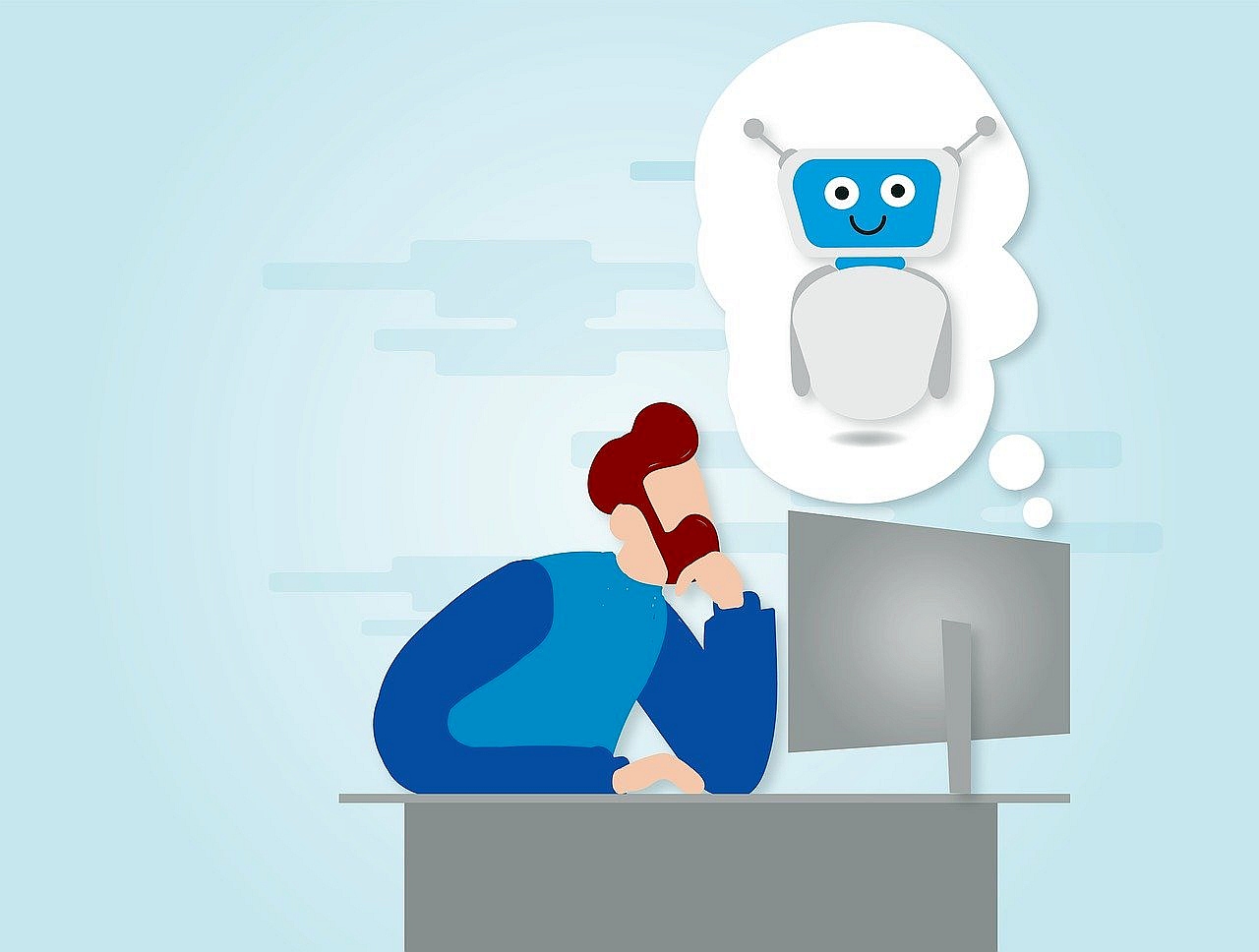Routine business processes take up a lot of time. For instance, filling out forms to claim travel expenses is a dreaded task for most business travelers. Another example is the employee onboarding process, which involves a series of interviews and forms.
But what if AI agents could do these tasks today? All you need to do is indicate the location of receipts (travel expenses) or HR forms, and define the process workflow. But what are AI Agents?
AI Agents are software systems that use artificial intelligence to autonomously perform tasks, make decisions, or interact with users. Since they do routine tasks, they can free up time for innovation, decision-making, research, planning etc.
In using autonomous AI agents, companies are saving millions in customer service costs or AI-driven innovations in marketing.
Various types of AI agents are used in business, such as chatbots, virtual assistants, robotic process automation (RPA), and decision-making agents.
Several technologies work behind the scenes to make AI agents work. These include machine learning, natural language processing, neural networks, deep learning, and other automation technologies.
Use of AI Agents in Business
Here are some ways that businesses can benefit from AI agents.
Cost Efficiency: AI agents can help in reducing costs. For instance, in call centers, level-one customer queries can be addressed by voice-assisted chatbots. While human agents are equipped to handle advanced customer interactions at a higher level. However, the cost of replacing human agents can be phenomenal, especially for a large business that receives tens of thousands of customer calls daily.
Improved Customer Experience: A key differentiator for businesses today is customer experience. AI agents can personalize customer interactions, providing 24/7 support and enhancing customer satisfaction. This is better than forcing a customer to go through an interactive voice response menu with several levels of options before they can reach a human agent. Many banks have now started using intelligent voice bots to make decisions and take action in response to customer queries, without human intervention.
Increased Productivity: Businesses can use AI to automate routine tasks, freeing up human workers for higher-value tasks. For instance, in a warehouse, an AI agent can monitor inventory levels and automatically order new stock from suppliers once stocks are depleted.
Data-Driven Decision Making: Artificial intelligence programs can analyze vast amounts of data to help businesses make more informed decisions quickly. This is most useful for compliance, regulation, and legal use cases. Historical information must be analyzed to track how laws and rules have evolved.
Another example is analyzing customer behavioral trends for online shopping and making recommendations for a refined customer experience.
Business Use Cases
Salesforce is one company to watch when it comes to business use cases. Its Agentforce agent is a proactive, autonomous application that provides specialized, always-on support to employees or customers. They have the necessary business knowledge to execute specific tasks.
Salesforce customers using Agentforce are Wiley, OpenTable, Saks, and ezcater.
Follow the hyperlinks to read these customer success stories.
Challenges
Despite the promise and potential of autonomous AI agents in business, there are some challenges to overcome.
Since AI agents depend on vast volumes of data, they may be unable to make accurate decisions. The key hurdles include poor data quality, unclear business objectives and high implementation costs.
Having clean, organized data is critical for enterprises looking to adopt AI agents. With this foundation data, the results of AI deployments may stay within expectations. Additionally, building AI systems in-house can be prohibitively expensive and resource-intensive. Training AI models requires massive computing power, available only in data centers.
Other challenges are integration with legacy systems and resistance to adoption due to fear of job loss.
There are also ethical considerations, such as data privacy, job displacement, and algorithmic bias.
Regulation and governance are vital considerations. Businesses must implement ways to regulate AI use to ensure fairness and transparency while complying with data and privacy laws.
The Future of AI Agents in Business
AI agents are more efficient than today’s copilots and AI assistants. Salesforce predicts there will be more than one billion agents by 2026, just a year away.
We can expect more sophisticated AI Agents that use deep learning and neural networks for decision-making.
There will also be more integration with IoT devices – in industries such as manufacturing and also in our homes (smart appliances).
These artificial intelligence agents will also act as virtual “cobots” – assisting human workers by working nearby. This will redefine the future of work. Analysts predict every worker will have an AI assistant in the future.









